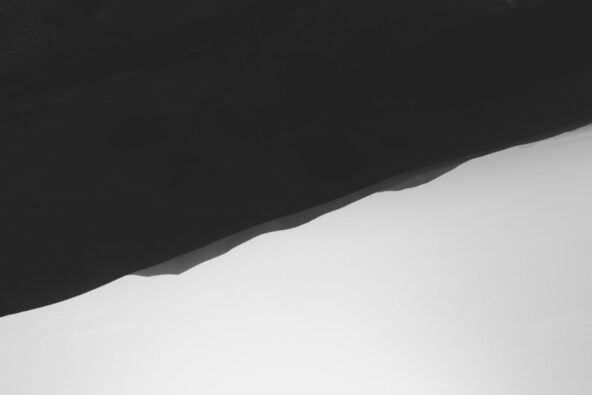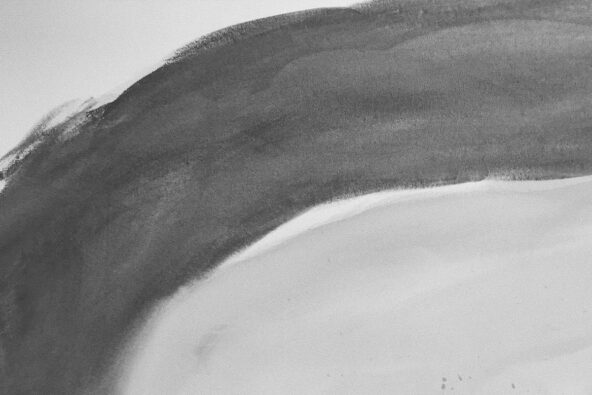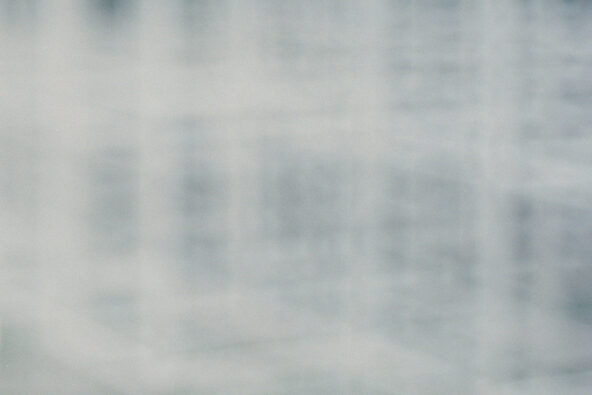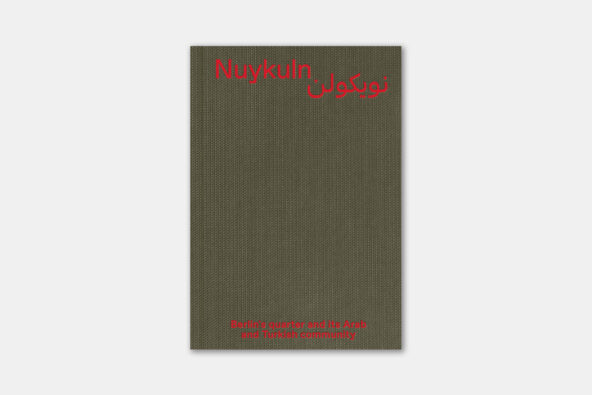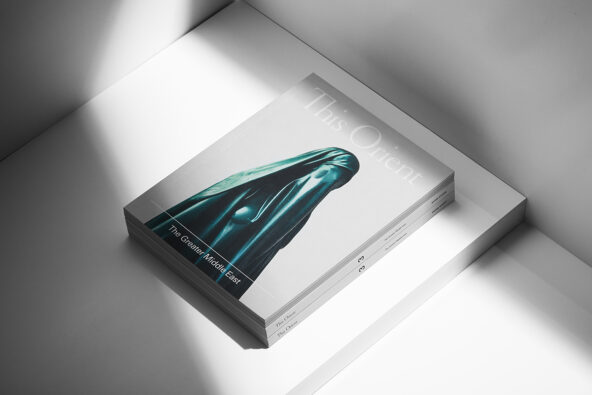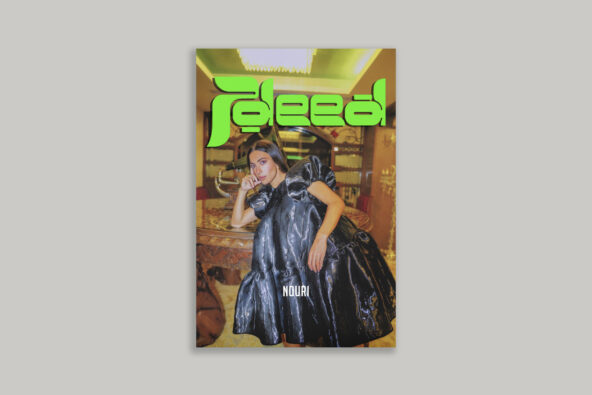Who wants Chai?
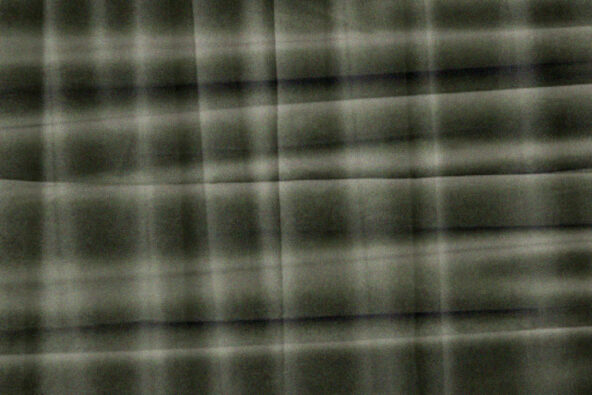
“Mino e’reed chai?” my mum will bellow from my grandma’s tiny kitchen, located at the very top of the block of flats. The sound of her rhetorical question is perhaps one of the sweetest and most comforting in my ear. Of course I want chai. As we – ‘we’ being whatever assortment of cousins, aunties and uncles have decided to visit Bebe that weekend – sit around my grandma’s warm living room, hands on tummys after a meal of various timmens and tabsis, we await the chai to be brought out in little istikan glasses, dark and sugary. Or sometimes it’s Bri’ish tea – English Breakfast in floral mugs and plenty of milk.
When I took over the role of chai-maker, it felt like entering a rite of passage to my Arab womanhood. It felt weirdly comforting and empowering, to make others a whole seyneya of tea with a little bowl of sugar cubes and a cluster of silver teaspoons. Thinking of the most tender moments I have shared with family, an image of tea is almost always roused; “Listening to Iraqi folklore with my grandmother while we drink chai in istikans”, is an examplar memory Ahmad Al Dabagh shares with me. “Perched over the stove watching father mix cinnamon and cloves like an alchemist”, is a memory Benjamin Ashraf reveals to me. Whilst one of Nora Talal’s favourite memories is “drinking chai in ramadan whilst playing mheibes with family.”
In Tunisia, Thé à la Menthe with peanuts is the common way to take your tea. In Iraq, it’s black cardamom tea, same in Iran — we buy Ahmad tea in the UK as a substitute. In Egypt, where hibiscus is bountiful, they make a tea out of the
flower. Whereas chamomile tea reminds me of evenings laying on the sofa when I was running a fever and my mum would boil pot after pot of chamomile tea with honey.
This is something many of us share, not just those from the Middle East, as Mandeep Dubb reminds me, sharing tender memories of his early chai-filled Sunday mornings at the Gurdwara. So I know why it feels so rewarding to make your family and friends chai — “Shall I pop the kettle on?” is a universal love language.
Dalia is a freelance Iraqi-British journalist and editor with bylines in Huck, Cosmo Middle East, Riposte & Notion,focusing on emerging creativity from the SWANA region and diaspora, migrant narratives, and reporting on community-led stories from the margins.
